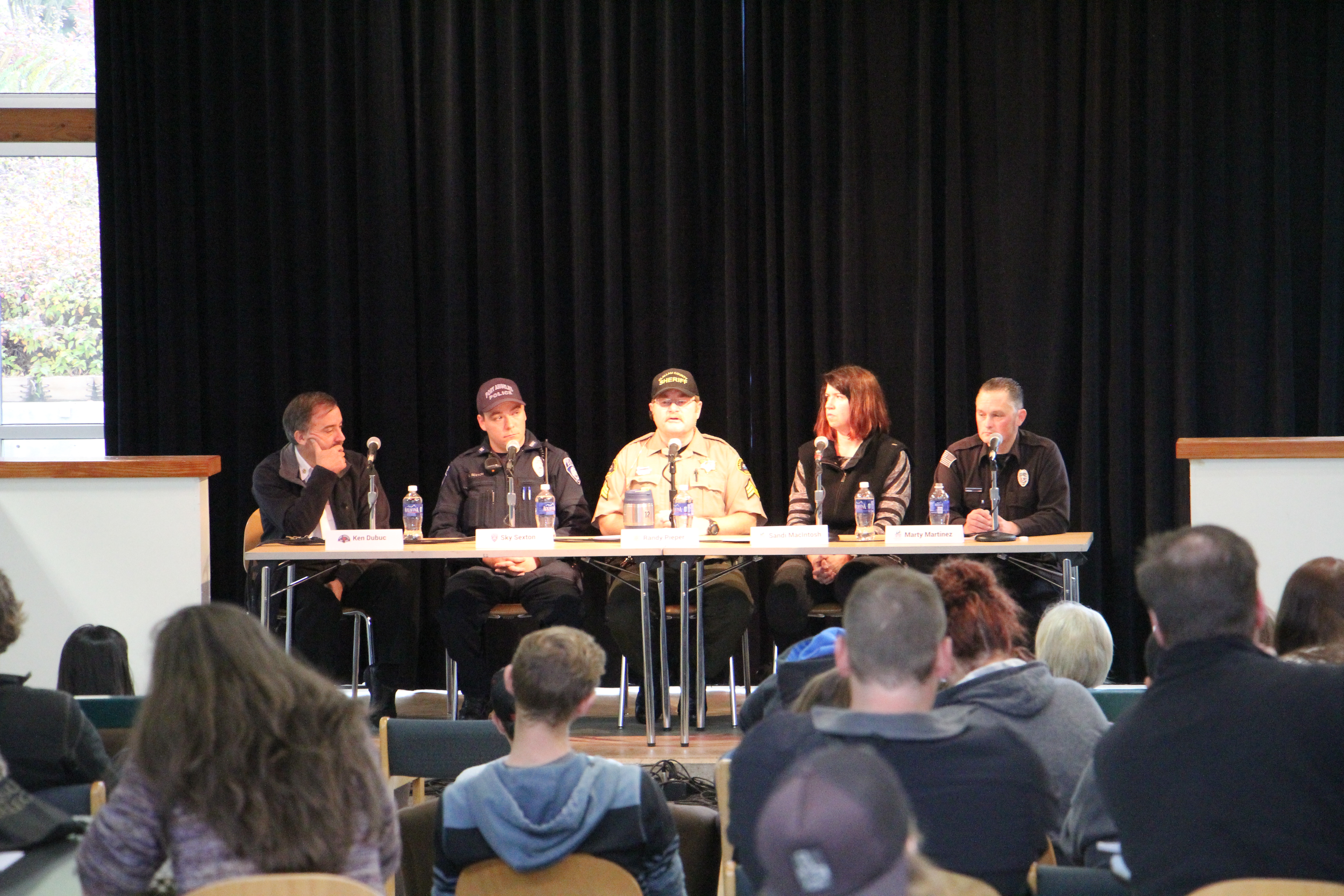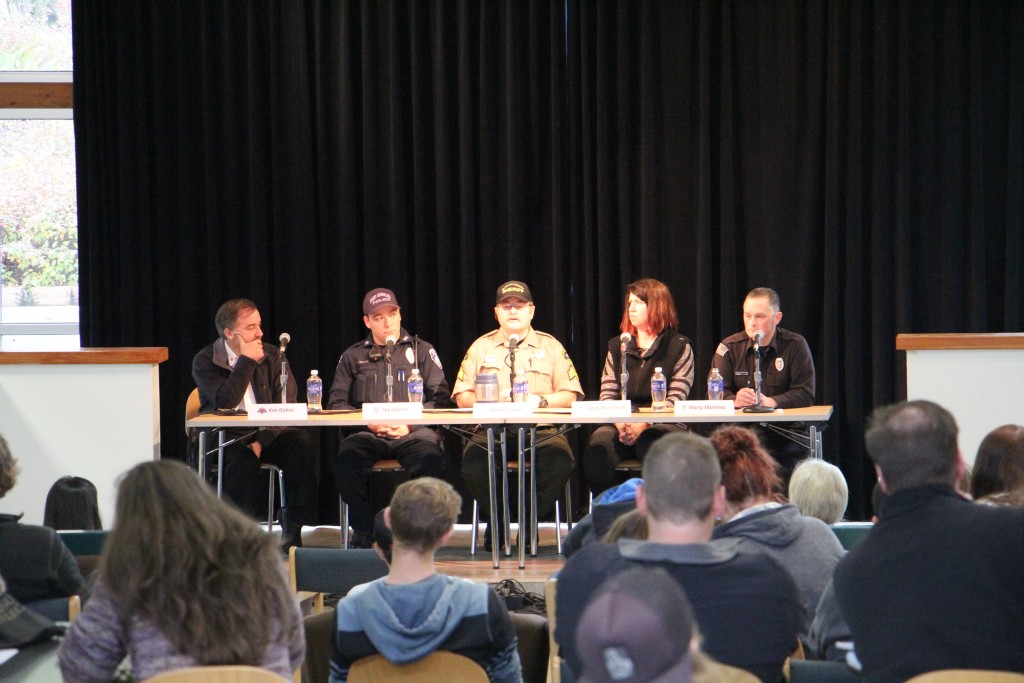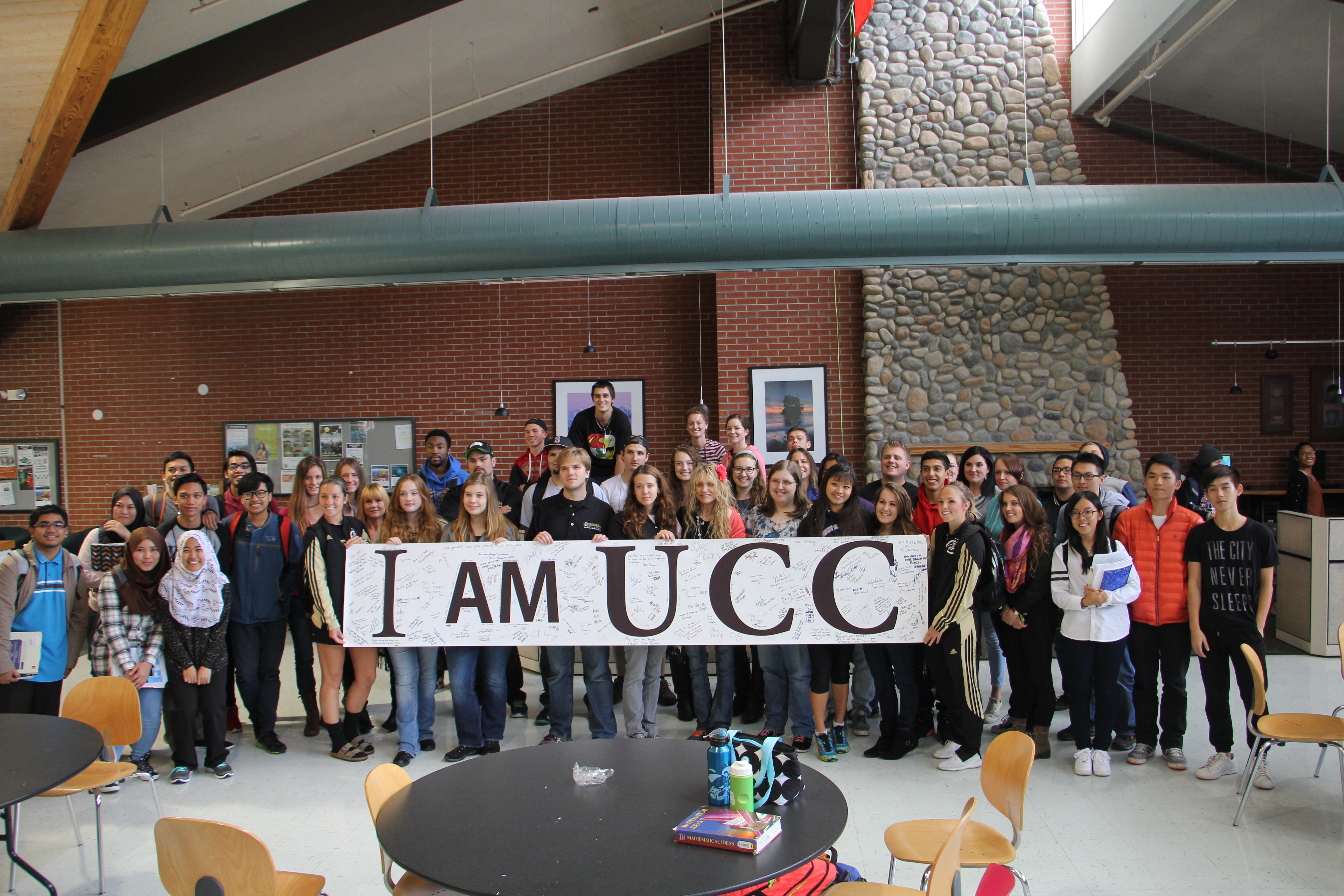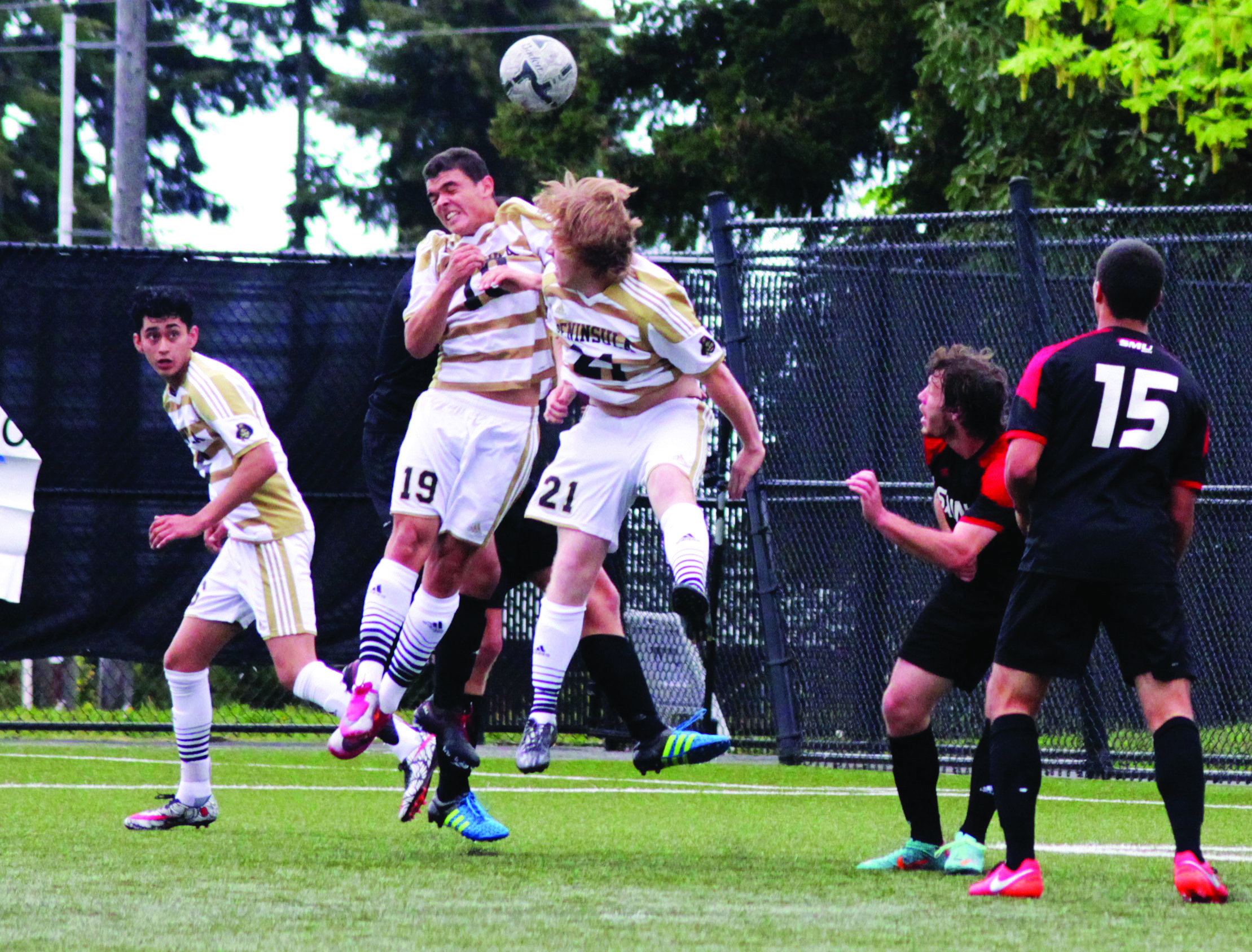
By Eric Trent
Five panelists hosted a hostile intruder discussion for students and staff in the PUB at Peninsula College on Tuesday, October 13.
The five panelists included Campus Safety Operations Manager Marty Martinez, Clallam County Sheriff Sgt. Randy Pieper, Port Angeles Fire Chief Ken Dubuc, Port Angeles Police Officer Sky Sexton, and Peninsula College’s Mental Health Counselor Sandi MacIntosh.
Martinez opened the discussion, talk- ing about the run, hide, fight model, where, depending on what situation you’re facing, you need to run, if possible, hide if there’s time willing, and fight back if needed.
MacIntosh spoke next, pointing to research showing that three-fourths of school shooters that were looked at did not have a documented psychiatric history. “They weren’t being treated. It’s important for us to know that getting treat- ment is a good thing,” MacIntosh said.
“More of the concern with people that have mental health problems is that they’re suicidal rather than homicidal,” MacIntosh said. “We’re going to be part of the puzzle in solving mental health issues. If you see something, speak up,” MacIntosh said.
Next up was Sexton elaborated on the run, hide, fight model and said that some schools encourage their students to carry cans of soup to throw at a potential threat. Martinez added that the best option is to get off campus. “Do whatever it takes. Blockade the door, buy some time,” Mar-
tinez said.

Pieper, who is also the active shooter instructor for the Sheriff’s Office, said he hopes to have active drills on campus. “Where we move around and put some of this into play,” Pieper said.
Martinez said to show your hands to police in the event of a shooting. That’s what police will be looking at. “It’s disturbing for me to talk about these things but it’s something we have to discuss,” Martinez said.
Dubuc stressed the importance of having situational awareness, but said, “life is short and you shouldn’t spend it being afraid. There’s a difference between being aware and being afraid.”
“Be aware of your surroundings and what’s going on. Be aware of the closest exits. Wherever you’re at, take 10 seconds to look around and ask yourself. If something bad happens, where would I go?,” Dubuc said.
“Situational awareness will take you a long way if something bad happens,” Dubuc said.
“I think our community is safe, I think our college is safe,” Martinez said.



